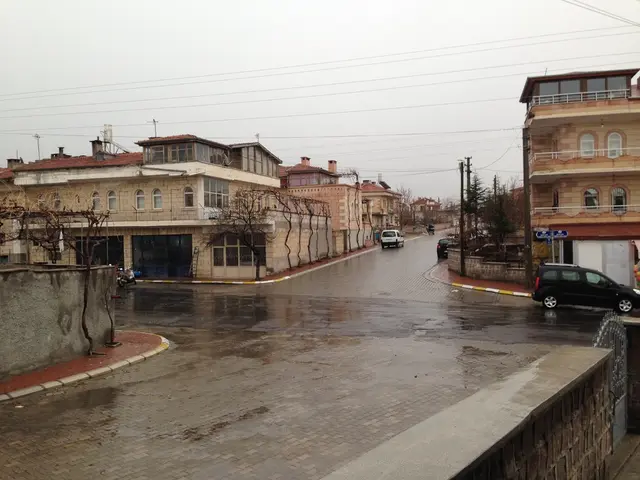Ineos Cuts 60 Jobs at Hull Plant Amid Energy Crisis and Chinese Imports
Ineos has cut 60 jobs at its Hull acetyls plant due to soaring energy costs and 'carbon-heavy dumping' from China. This move comes as Europe's petrochemical industry grapples with a wave of plant closures, driven by years of losses and increased global capacity led by China. Chinese imports, produced using coal, emit up to eight times more CO2 than equivalent products made in the UK.
The lack of a comprehensive, up-to-date public list of European chemical companies closing or reviewing operations due to high energy costs or structural challenges has made it difficult to track the full extent of the crisis. However, recurring reports since the 2022/2023 energy crisis have highlighted adjustments and closures in the European chemical industry, particularly affecting energy-intensive companies. Notable examples include Basellandschaftliche Kraftwerke AG (BK), Norsk Hydro, Covestro, BASF, Lanxess, Yara, Borealis, and Styrenix. Many of these closures and reviews occurred during the height of the energy crisis in late 2022 and early 2023, with long-term closures often announced in quarterly reports or investor presentations. High energy prices, weaker demand in Europe, global competition, and regulatory requirements are cited as key reasons for these closures. Up to 40% of the EU's ethylene capacity is at high or medium risk of closure, totalling 24.5 million tonnes. Ineos has invested £30m at its Hull site to reduce emissions by around 75% using clean hydrogen. The European Commission has pledged to support domestic production of strategic chemicals and expand state aid for modernisation, but many warn these measures may come too late. Ineos warns that without trade protection, Europe risks offshoring CO2 emissions and losing competitiveness in decarbonisation efforts. The industry is expected to pivot to a demand-led recovery post-2026, with satisfactory profitability levels likely to extend into the early 2030s.
The ongoing crisis in Europe's petrochemical industry, driven by high energy costs and increased global competition, has led to job losses and plant closures. While government support and emission reduction efforts are underway, the full impact of these measures remains to be seen. The industry's future is expected to be demand-led, with improved profitability likely in the early 2030s.
Read also:
- HLC Approves ₹4,645.60 Crore for Flood Recovery and Wetland Rejuvenation in Nine States
- Ethiopia's Grand Dam: 15,000 Lives Lost, Water Concerns Unresolved
- Two farmers in Zambia take legal action against two firms with Chinese connections, alleging an ecological disaster caused by their operations.
- Deepening EU-India relations despite apprehensions regarding Moscow connections







